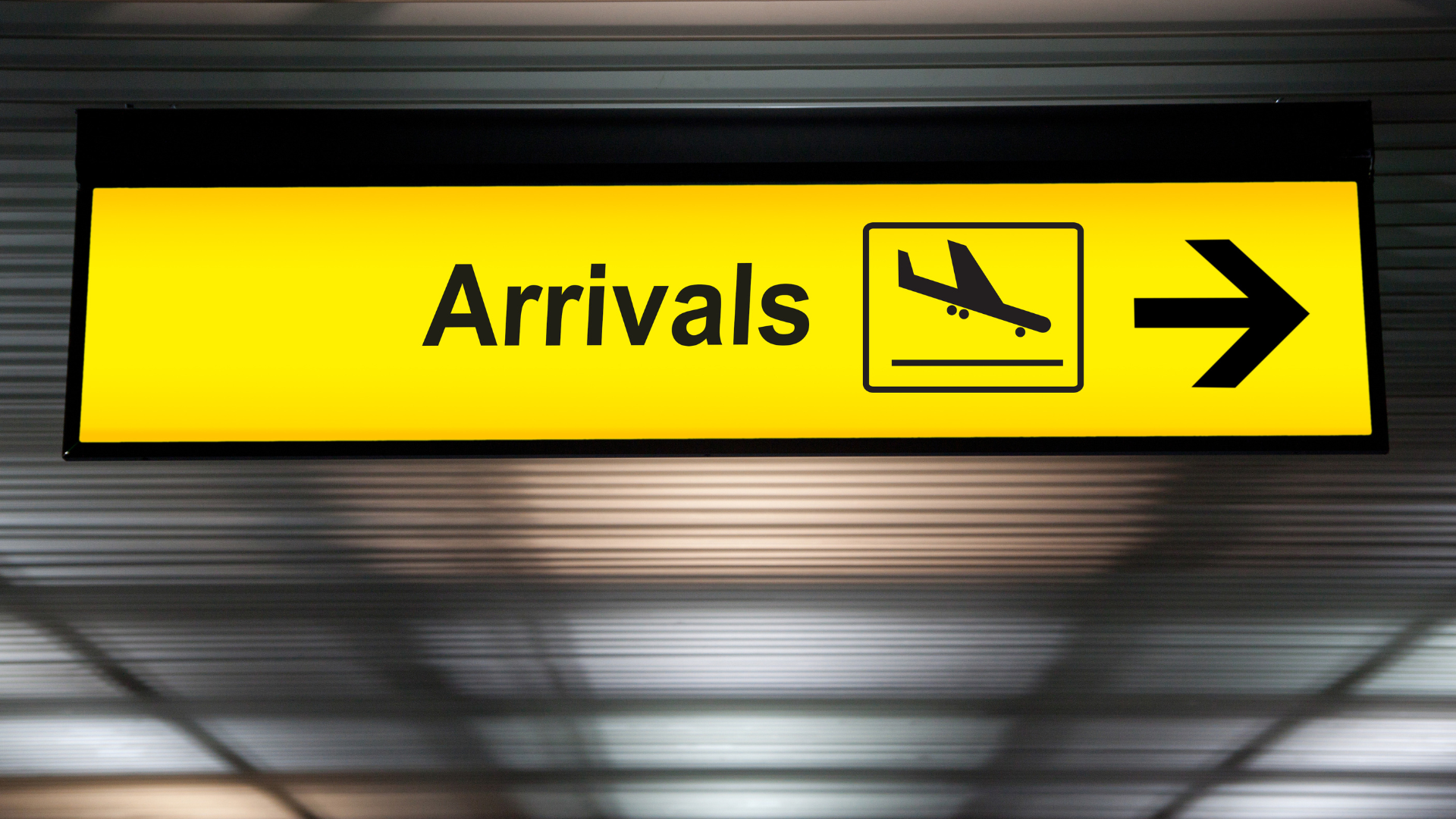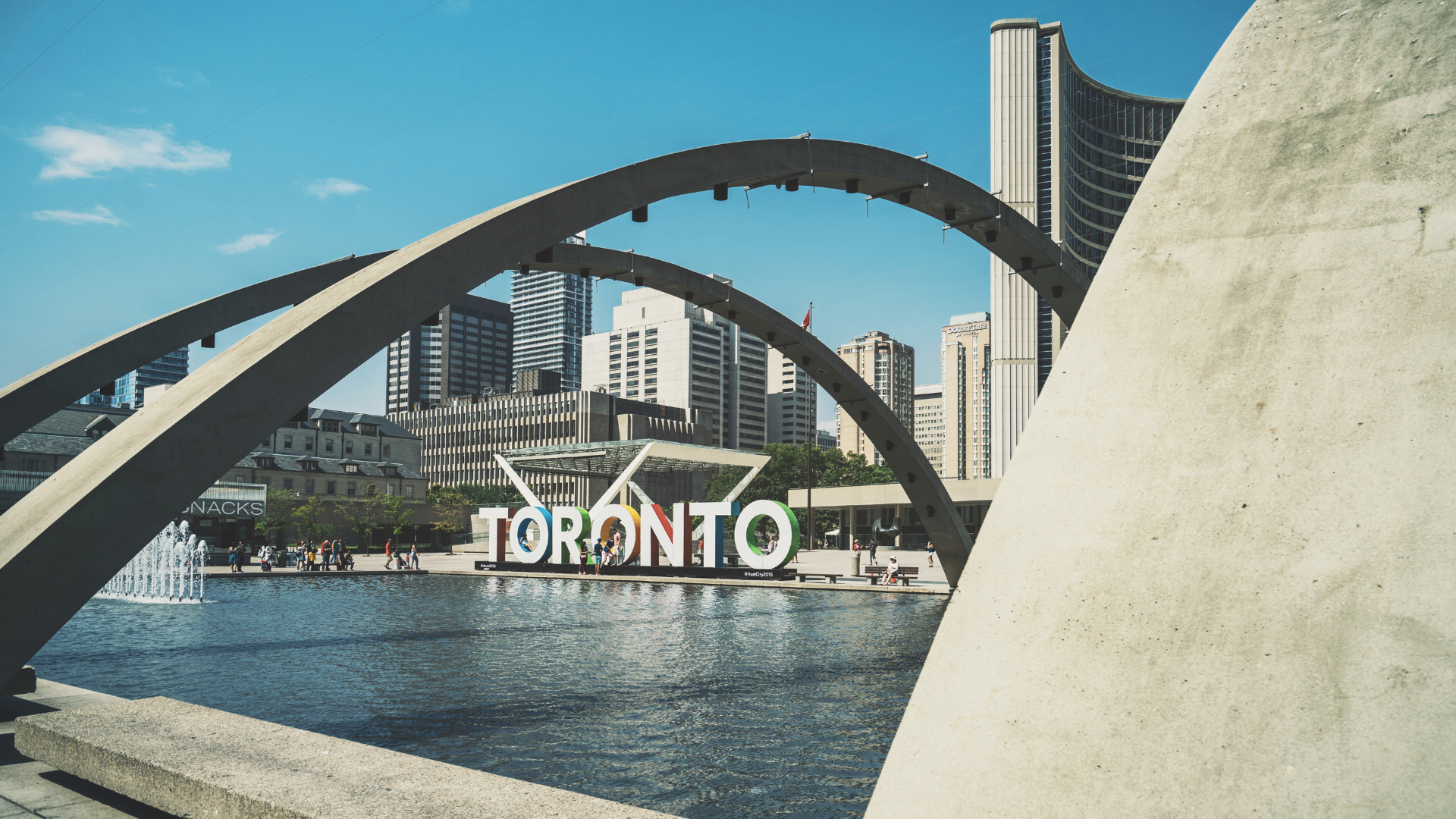Options for Entering Canada with a DUI: What You Need to Know

If you have a past DUI (Driving Under the Influence)
conviction, you may be considered inadmissible to Canada, which can prevent you
from getting a visa, an electronic travel authorization (eTA), or entering the
country altogether. However, there are ways to overcome this challenge.
Steps to Overcome Criminal Inadmissibility
Before you try to enter Canada, you need to understand the
Canadian equivalent of your DUI offence. Once you know this, here are three
options you can explore:
- Apply
for a Temporary Resident Permit (TRP)
- Qualify
for Deemed Rehabilitation
- Apply
for Criminal Rehabilitation
Avoid Trying to Enter Canada While Inadmissible
It’s important not to attempt entry into Canada without
addressing your inadmissibility. If you repeatedly try to enter, Canadian
authorities could issue an exclusion order, which would make it even harder to
visit the country. Instead, you should focus on resolving your status before
you travel.
Understanding the Canadian Equivalent of Your
Offence
Canada reviews foreign criminal records by converting the
offence into its Canadian equivalent. Authorities will consider your entire
criminal history, including any charges, warrants, or convictions. They will
also assess the severity of your offences, how many you have, and when they
occurred.
Consider a Legal Opinion Letter
If you have a pending charge and haven’t yet been
convicted, you may want to get a legal opinion letter from a Canadian
immigration lawyer. This letter will outline the charges against you and
explain how they affect your admissibility to Canada. Presenting this letter
can help when dealing with Canadian immigration authorities.
Option 1: Temporary Resident Permit (TRP)
A TRP allows you to enter Canada temporarily, even if
you're inadmissible. To be approved, you must prove that your need to enter
Canada is greater than any potential risk you pose to Canadian society.
Here are some key points about applying for a TRP:
- There’s
a non-refundable fee of $229.77.
- Approval
isn’t guaranteed.
- The
permit is typically valid for the length of your stay, up to a maximum of
three years.
- You’ll
need to leave Canada before your TRP expires or apply for a new one.
If you’re from a country that requires a visa to enter
Canada, you’ll also need to apply for a Temporary Resident Visa (TRV). If
you’re from a visa-exempt country, such as the U.S., you can apply for the TRP
online or at the port of entry.
Option 2: Deemed Rehabilitation
In some cases, you may be eligible for “deemed
rehabilitation” if:
- It’s
been over 10 years since you completed your DUI sentence.
- You
have only one non-serious conviction.
If you meet these criteria, you may be allowed to enter
Canada without further legal action. However, if you have more than one
conviction or your DUI occurred after December 18, 2018 (when Canada introduced
tougher penalties for impaired driving), you won’t qualify for deemed
rehabilitation and will need to pursue criminal rehabilitation.
A legal opinion letter can be useful in explaining your
case to border officials if you think you qualify for deemed rehabilitation.
Option 3: Criminal Rehabilitation
If you don’t qualify for deemed rehabilitation, you can
apply for criminal rehabilitation. Once approved, you will no longer be
considered inadmissible due to your past offences.
To be eligible for criminal rehabilitation:
- The
offence must have occurred outside of Canada.
- At
least five years must have passed since the offence or since you completed
your sentence.
In your application, you will need to show that the offence
was an isolated incident and that you are no longer a risk to engage in
criminal activity.
Final Thoughts
Having a DUI doesn’t automatically close the door to
Canada. By understanding your options and taking the right steps, you can work
towards overcoming criminal inadmissibility and visiting Canada. Consulting
with an immigration lawyer can help clarify your options and guide you through
the process.






